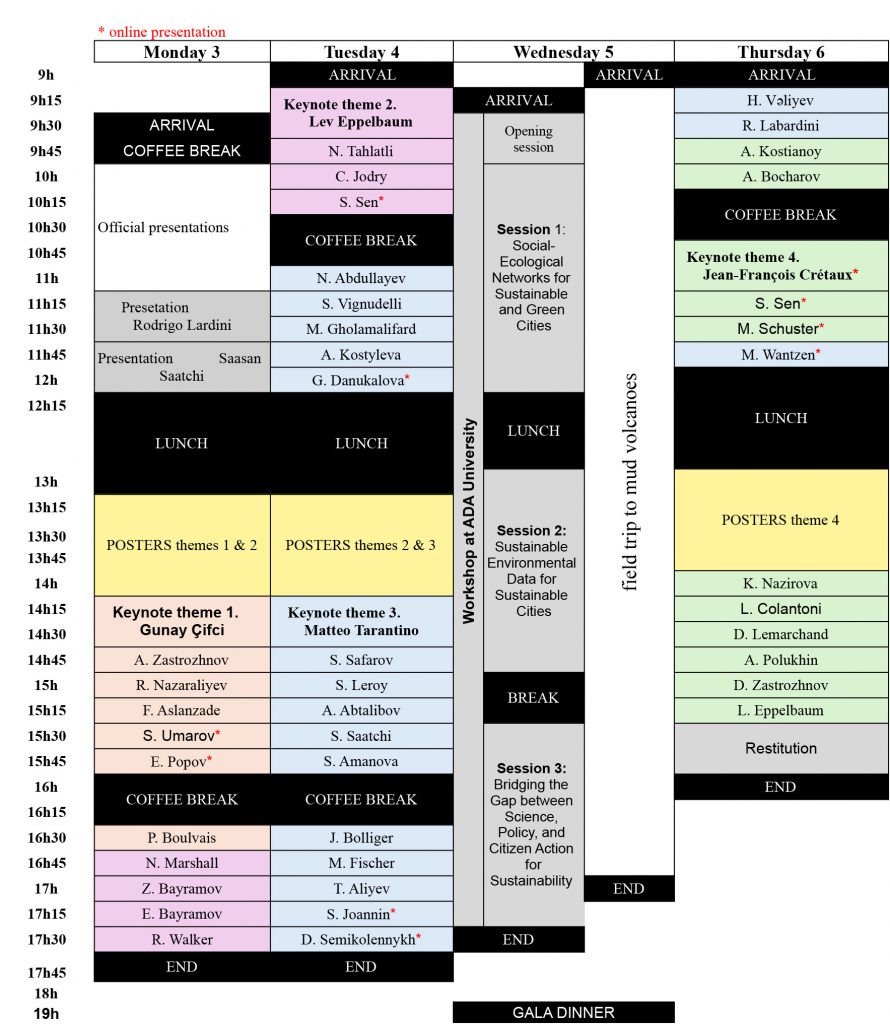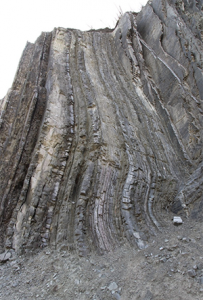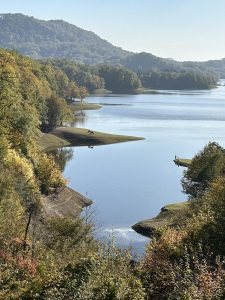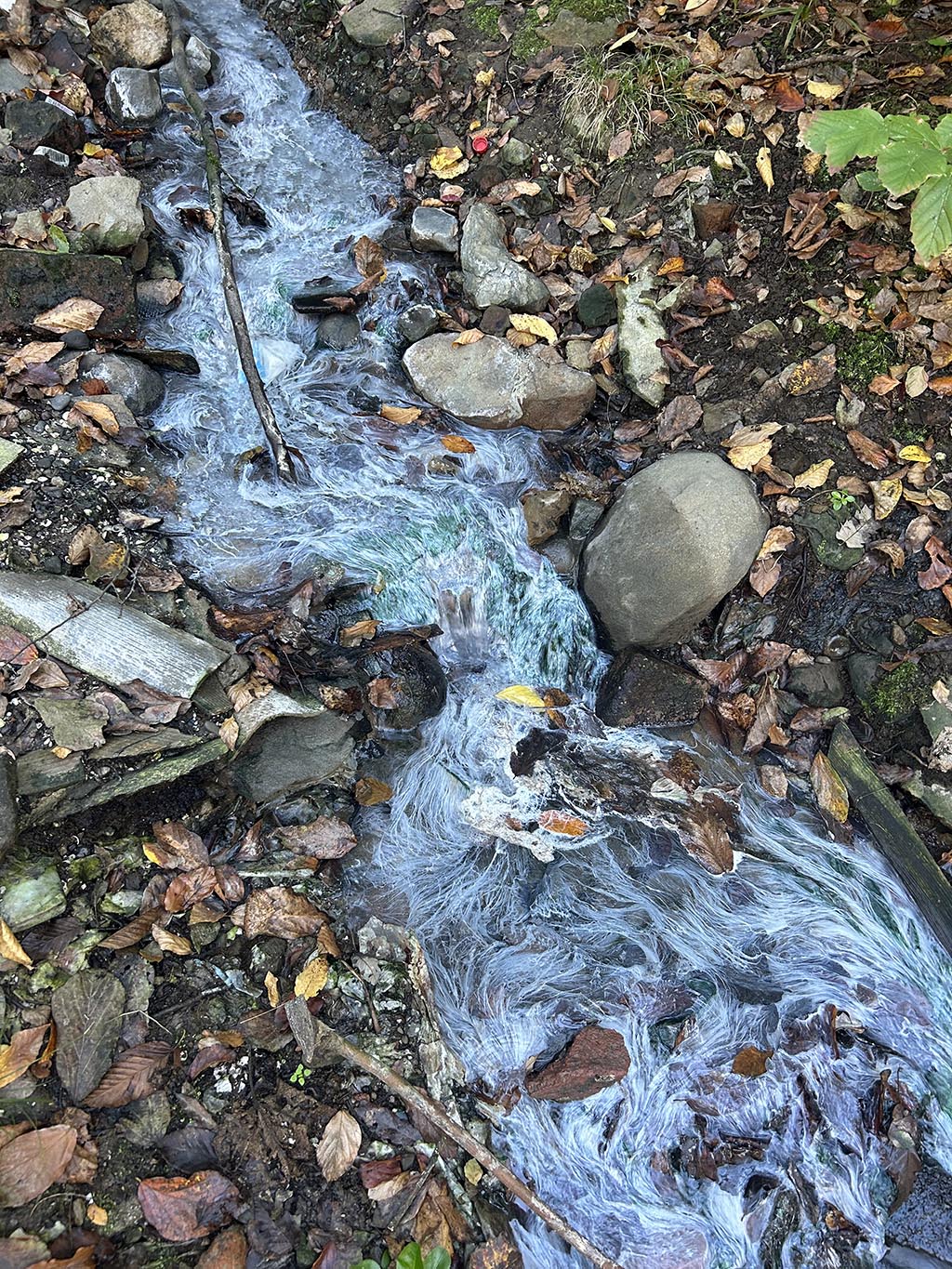
Grand Opening keynote : Sassan Saatchi (UCLA Institut of Environment and Sustainability - Carbon Cycle And Ecosystems - JPL, USA) “Caspian Sea at a tipping point: How changes of carbon and water cycles impact resilience of the Caspian Basin”.
Closing keynote : IPCC (to be confirmed)
Program by themes
Theme 1: Exploring and sustaining georesources of the Caspian Basin

Chairs: Nazim Abdullayev (BP Azerbaijan), Philippe Boulvais (University of Rennes, France)
Keynote speaker: Gunay Cifcci (Dokkuz Eylul University, Turkiye)
This session will promote interdisciplinary discussion and knowledge sharing on georesource dynamics in the context of the energy transition, with a particular focus on the rich resources of the Caspian Basin. Among others, abstracts on the following aspects are welcome: 1) resource assessment and exploration, including advances in geophysical, geological, and geochemical exploration techniques for oil, gas, and mineral resources; 2) environmental sustainability of resource extraction to minimize ecological footprint, including technological innovations; 3) development of emerging georesources, including renewable energy opportunities such as solar, wind and geothermal.
Theme 2: Geohazards Assessment and Prevention
 Chairs: Clara Jodry (UFAZ), Gulam Babayev (Institute of Geology and Geophysics), Elshan Abdullayev (Khazar University), Emil Bayramov (Nazarbayev University School of Mining , Kazakhstan)
Chairs: Clara Jodry (UFAZ), Gulam Babayev (Institute of Geology and Geophysics), Elshan Abdullayev (Khazar University), Emil Bayramov (Nazarbayev University School of Mining , Kazakhstan)
Keynote speaker: Lev V. Eppelbaum (Tel Aviv university, Israel)
Geohazards manifest in diverse forms, encompassing geological phenomena such as earthquakes and mud volcanoes, mass-movement hazards like landslides and debris flows, climate-change-related threats including desertification, soil erosion, coastal erosion, and sea-level changes, as well as environmental hazards like oil, heavy metals, and plastic pollution affecting air, soil, and water. Mitigating and preventing these geohazards is of utmost importance due to the potential risks they pose to property, environment, and human life on both local and global scales. In this theme, we invite researchers and professionals to submit contributions that improve our comprehension of the long- or short-term geological and environmental processes. These contributions can include mapping, imaging, modelling, and monitoring techniques. Additionally, discussions on novel technologies, methods, and strategies aimed at assessing risks and mitigating their effects are welcome. Given the inherently interdisciplinary nature of geohazards, this theme aims to foster collaboration among experts from various geoscience fields, including soil and rock mechanics, seismology, near-surface geophysics, geology, geomorphology, hydrology, geochemistry, and more.
Theme 3: Climate Change and Resilience in Transition Time
 Chairs: Shafag Bayramova (Institute of Geology and Geophysics), Alexandre Hedjazi (University of Geneva, Switzerland), Suzanne Leroy (University of Aix-Marseille)
Chairs: Shafag Bayramova (Institute of Geology and Geophysics), Alexandre Hedjazi (University of Geneva, Switzerland), Suzanne Leroy (University of Aix-Marseille)
The Caspian basin, throughout its evolutionary history, has been influenced by active geodynamic processes that are happening till the present day. The unique biodiversity of the Caspian Sea is the result of evolutionary processes happening under the conditions of regional and global climatic changes and the transgressive-regressive rhythm of the basin.
The natural ecosystems formed throughout theу history of the Caspian Sea are undergoing disruption affected by anthropogenic transformation. These serious ecological challenges caused by the economic development of the countries are the most discussed topics in the region. Irrational use of the fresh water in agriculture, pollution of the Caspian Sea mainly by oil wastes disrupt many ecosystems which lead to the loss of exceptional flora and fauna, many of which are registered on the Red List.
Protecting and preservation of this unique natural heritage supports socio-economic wellbeing and growth. Healthy ecosystems provide countless benefits to people: crop pollination, water filtration, medicinal compounds, climate regulation and carbon sequestration, flood protection, erosion control, food, and fuel.
This session is dedicated to the resilience of the Caspian basin to various environmental challenges that it has experienced throughout its history of development.
The main goal of the session is to conduct scientific discussions on various aspects of the current environmental challenges in the Caspian Sea: scenarios for the possible development of the hydrological situation; efficient use of mineral and biological resources; development of recommendations supporting mechanisms of Resilience in the Transition Times.
Theme 4: Frontiers in Geosciences

Chairs: Damien Lemarchand (University of Strasbourg), Elnur Safarov (Institute of Geography), Stefano Vignudelli (National Research Council, Italy)
Keynote speaker:Jean-François Crétaux (CNES/LEGOS, France)
The global environmental change, the increasing demand for resources, and the need for an energy transition are driving the geosciences community of researchers and professionals to develop new approaches and concepts. In this theme, we invite researchers and professionals to submit contributions on the latest advances, challenges, and opportunities in the field of geosciences. All contributions, from scientific research locks to applicative challenges and opportunities in the geosciences, are welcome. Without restriction, this may include multidisciplinary approaches, data science and the integration of AI in numerical models, and exploration of natural resources from satellite remote sensing.

